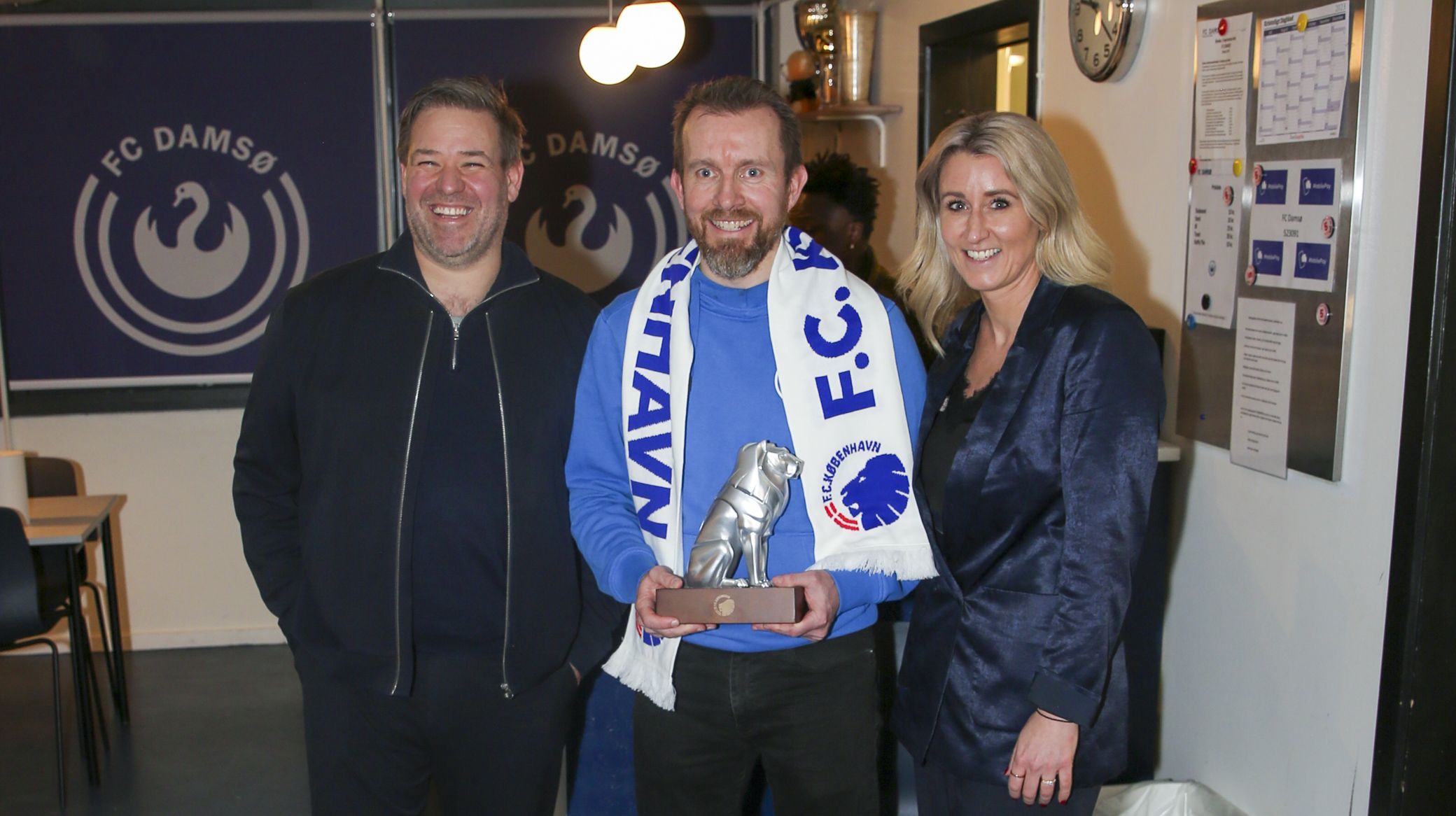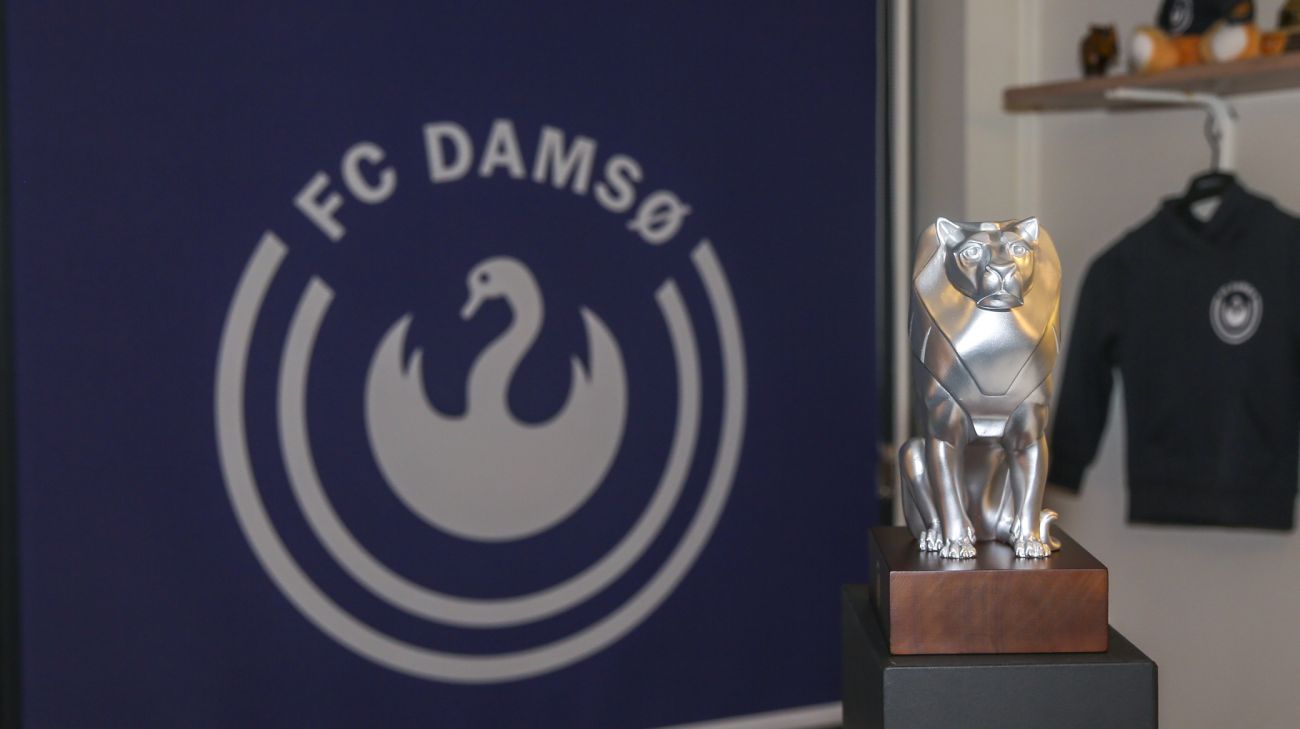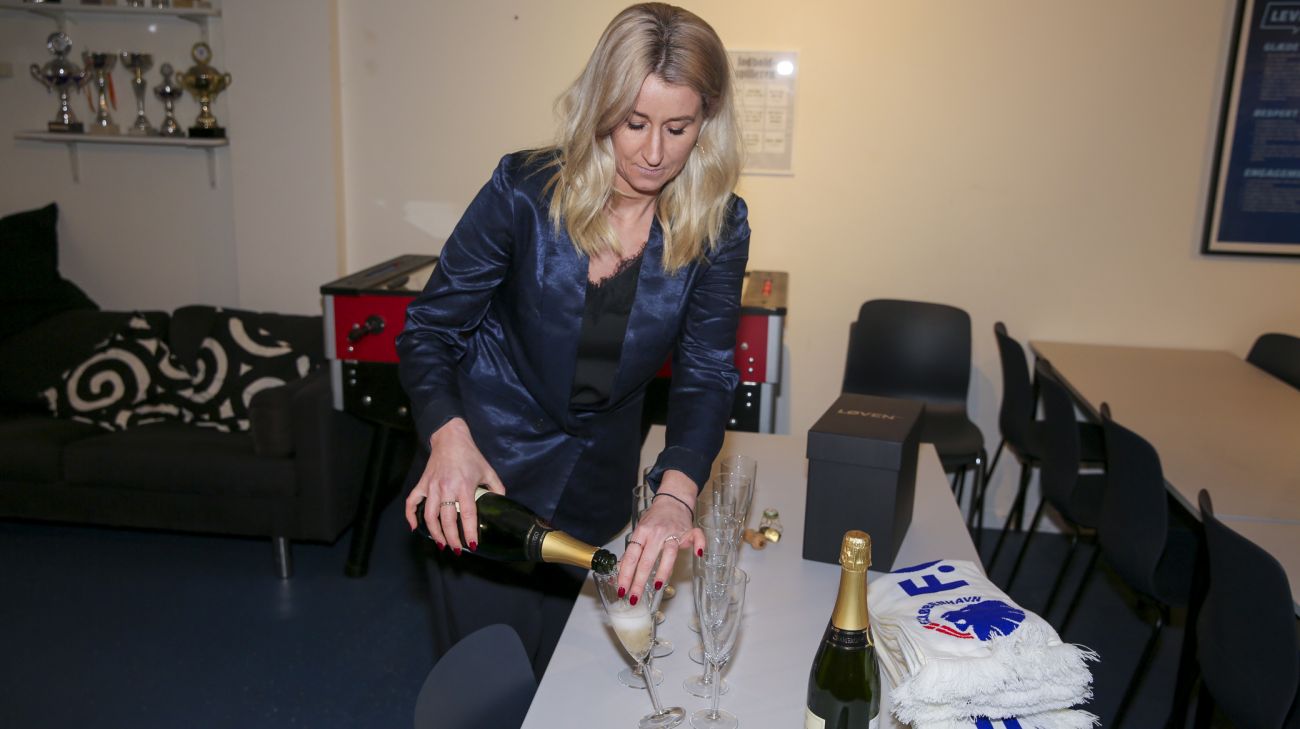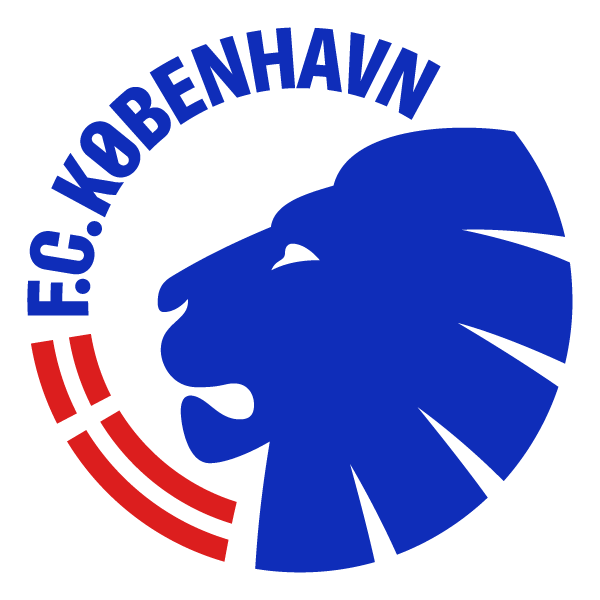
Interview with FCK Women project manager Rebecca Steele
F.C. Copenhagen took a big step towards creating a women's football team from the summer of 2024 on Wednesday when the club agreed in principle to a collaboration with FC Damsø.
The superstructure between FC Damsø, F.C. Copenhagen, KB and B1903 will need to be created in order to facilitate the creation of the FCK women's team.
Rebecca Steele has ben central to the project, having come on board at FCK back in March 2023. She has headed up the progress made to positioning a women's team for F.C. Copenhagen within the league, with FC Damsø considered the "mother club" just as B1903 and KB are to the men's team.
Here, FCK.dk caught up with Rebecca to get answers fans have wanted to know, but until now we have been unable to fully provide.
Q: The next formal step in the process is to create a superstructure agreement between F.C. Copenhagen, FC Damsø, B1903 and KB. Why is this necessary?
RS: "In short, it's because the DBU (Danish FA) has a set of rules on parent clubs, which describe the process when new parent clubs enter into a collaboration.
"A superstructure agreement must be entered into with the previous parent clubs, and the DBU rules also describe what the agreement must contain.
"Damsø will be the mother club on the women's side, because our new women's team will play on their licence, just as the men's team plays on B1903's Superliga licence, and FCK Talent plays on KB's youth licence.""We must submit a signed superstructure agreement to the DBU by 1 March at the latest, which they must then approve, including articles of association for the new company, before the team can take FC Damsø's place in the 2nd Division from next season."

Q: Before we look at what else is on your to-do list in the near future, can you briefly summarise what has happened since you took office in the spring?
RS: "Yes, I set out to map out the possibilities for establishing a women's team. Here, the fast-track model was one of the options. That is the idea that the DBU launched long before we ourselves started with our plans.
"The fast-track model meant, in short, that Superliga clubs could get the opportunity to enter directly into one of the top ranks with a women's team. The model is undertaken abroad. To make a long story short, during the autumn the DBU's local unions would not support the model, after a concrete proposal had been up for consultation."Another possibility was to enter into a collaboration with an existing club with a women's team. This led to the cooperation agreement with FC Damsø, which we presented shortly before Christmas. They already showed great interest in a collaboration early on in the process, but there were also many other clubs that showed interest. So we have always been able to see a number of strong business partners, regardless of which model we chose."
Q: If we had created our own team via the fast-track, we would have started in the 2nd Division, and we are also doing that now with FC Damsø, so what is the difference?
RS: "Very simply, you can say that from a sporting point of view, we now get a better starting point by building on an existing team with coaches, players, etc. But structurally, it presents more challenges. Among other things because, as mentioned, a new mother club is coming into the circle, and a lot of formalities have to be put in place in the form of agreements, company formation etc., which would not have been necessary if we had made our own team."

Q: What would have actually happened if FC Damsø had voted no to the proposal?
RS: “Well, that door would have been closed, but there were still other doors we could open. In part, we could have explored the possibilities of finding another club, and in the end we could have also created our own team, which without a fast-track would simply have to start in the second tier."
Q: In addition to the superstructure agreement, what else needs to be put in place soon?
RS: "First of all, we have to look at how we build up the talent network. That is one of the most important things now, and I expect that we will soon be able to present a talent manager who will run that operation. And then before Christmas we had a notice for an intern, who we will also get in place here in January to help with everyday admin.
"The first team itself is in place as Damsø has a fine sporting setup, and we will keep that for the time being, and then we will have to see down the road if there is a need to expand it. After all, promotion to the 1st Division can be discussed in the summer of 2025 at the earliest.
"But the talent work is in any case very important in relation to what we want with a women's team, especially with regard to contributing to the development of girls' and women's football in Copenhagen. By building up from below, and also utilising the knowledge and experience that FCK Talent, KB and B1903 already have, we believe that we can create a sustainable foundation for our best women's team. At the same time, of course, we want the team to move up to the top tier and at some point be able to play for titles."
Q: How advanced are we with things like the name of the team, shirts, logos, digital platforms, etc?
"We're not so far that I can give concrete answers, but I can say a little about what we are working with. One of the things we are looking at right now is the commercial structure. It is about, among other things, how we build the visual universe. Who will be partners, who will wear the shirt, etc.
"Here we have to find the balance between what you can call a "one club mentality", i.e. that you are a fan of the whole club, and that everything is identical in relation to the men's team, and so that the women's team must at the same time be able to stand on its own two feet and have its own identity.
"I don't know where we will end up, but we are already discussing that, and we can intensify that now that we know where we stand with the women's team. This also applies to the communicative area with social media, the website etc., where we also have to find the right solutions that support the branding universe.
"Then there is the match-related planning and everything that goes into running games, from where we are going to play and which target groups we will work with in relation to fans, what experience we want to create, etc."
Q: There is enough to address, but still more questions than answers?
"Yes, we got an important answer from Damsø on Wednesday, but there is still a lot of work to be done, and I am looking forward to the fact that we can come up with more answers as things fall into place."
